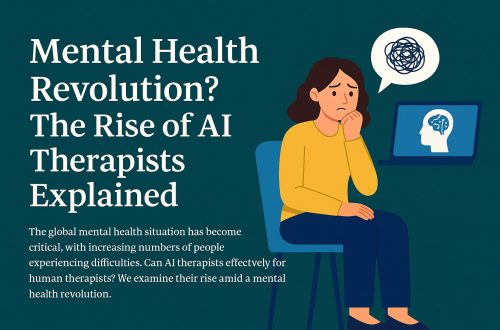Privacy-first apps are changing the way we use technology in 2025. They represent a big step toward data sovereignty and security that can’t be compromised. Users are no longer willing to give up privacy for convenience; instead, they are choosing solutions that will zealously defend their personal information. Advances in privacy-enhancing technologies (PETs), strong end-to-end encryption, and AI-driven defenses are driving this cultural and technological shift. These technologies are defining a new standard for digital trust.
At the core of these apps is a promise to **not gather any data** and give users control. Signal, the best app for secure texting, is a great example of this. Its open-source, end-to-end encrypted chats don’t store metadata or contacts, which makes it an extraordinarily strong screen against intrusive surveillance. The uproar over WhatsApp’s privacy modifications in recent years showed how much people wanted privacy. Millions of people switched to Signal and have stayed loyal because it is open about how it handles user data. At the same time, decentralized platforms like Matrix/Element and projects like Sup by Pixelfed create private, encrypted places that fight against advertising-driven platforms. These spaces let users control their own interactions without having their data mined without their knowledge.
Privacy-first ideas are extending beyond messaging to email, cloud storage, social networks, and web browsers. New technologies like **homomorphic encryption** let data be handled safely without being seen, while **differential privacy** keeps people’s privacy protected within databases. Blockchain technology adds another layer by decentralizing control and making sure that records can’t be changed. This builds confidence in many fields, from finance to healthcare. This is very important because more than 1,700 data breaches were made public in early 2025. This shows how important safe technologies are in a world where cyber dangers are on the rise.
AI and machine learning work like a “swarm of bees,” always looking for strange behavior and risks. This changes privacy protection from a permanent barrier to a dynamic, predictive system. These technologies make experiences more personal without giving up privacy. For example, the number of people who chose to use App Tracking Transparency (ATT) went up from 32% to 35% worldwide in early 2025. This is especially true in gaming and e-commerce, where privacy-first engagement is becoming a competitive edge.
Users also want **more control and accountability** over their data. With decentralized identity frameworks and tokenized consent, people can readily take back permissions instead of giving up permanent ownership to companies. This is in line with Web 3.0 values because it turns static privacy policies into active agreements that go with the data. This builds trust without losing usefulness.
This momentum is driven by pressure from regulators and the public. More and more people are speaking out against dark patterns that obscure opt-out options. This is encouraging developers to use clear, ethical privacy designs. Because of this, companies are using contextual advertising and anonymous identifiers to find a balance between following the rules and staying in business. In this new digital age, success depends not just on providing services but also on building **trust** by combining highly tailored experiences with strong privacy protections to create platforms that are very effective and respect users.
In the end, the rise of privacy-first apps is a symptom of both technology progress and a societal shift. It imagines a future where **data security is the norm**, people may set their own privacy settings, and new technologies work with our basic rights. As this wave expands, everyone, from casual users to business experts, has a stake in making the digital world safer and fairer.
—
**Main Reasons for the Growth of Privacy-First Apps
– A lot of people are using **Privacy-Enhancing Technologies (PETs)** like homomorphic encryption and differential privacy, which let you use data safely without exposing it.
– More people are using blockchain to spread power and make sure that data recordings are permanent and open to everyone.
– More and more messaging and social media platforms, like Signal and Matrix/Element, are using “end-to-end encryption.” – AI and machine learning are being used to make “real-time threat detection” and “privacy-conscious personalization” possible. – Web 3.0 is making “self-sovereign identity” models and “tokenized consent” frameworks more popular among consumers.
– More attention from regulators on clear standards and making it illegal to use misleading opt-out methods
– The **App Tracking Transparency (ATT) opt-in rates** have gone up a lot, especially in areas where privacy is important, including gaming and e-commerce.
– The rise of privacy-focused business models that leverage **contextual advertising** and anonymous identifiers instead of intrusive tracking
This changing environment promises a new normal in which privacy-first apps become essential parts of everyday digital life, effortlessly blending strong security with reliable, user-centered experiences.





